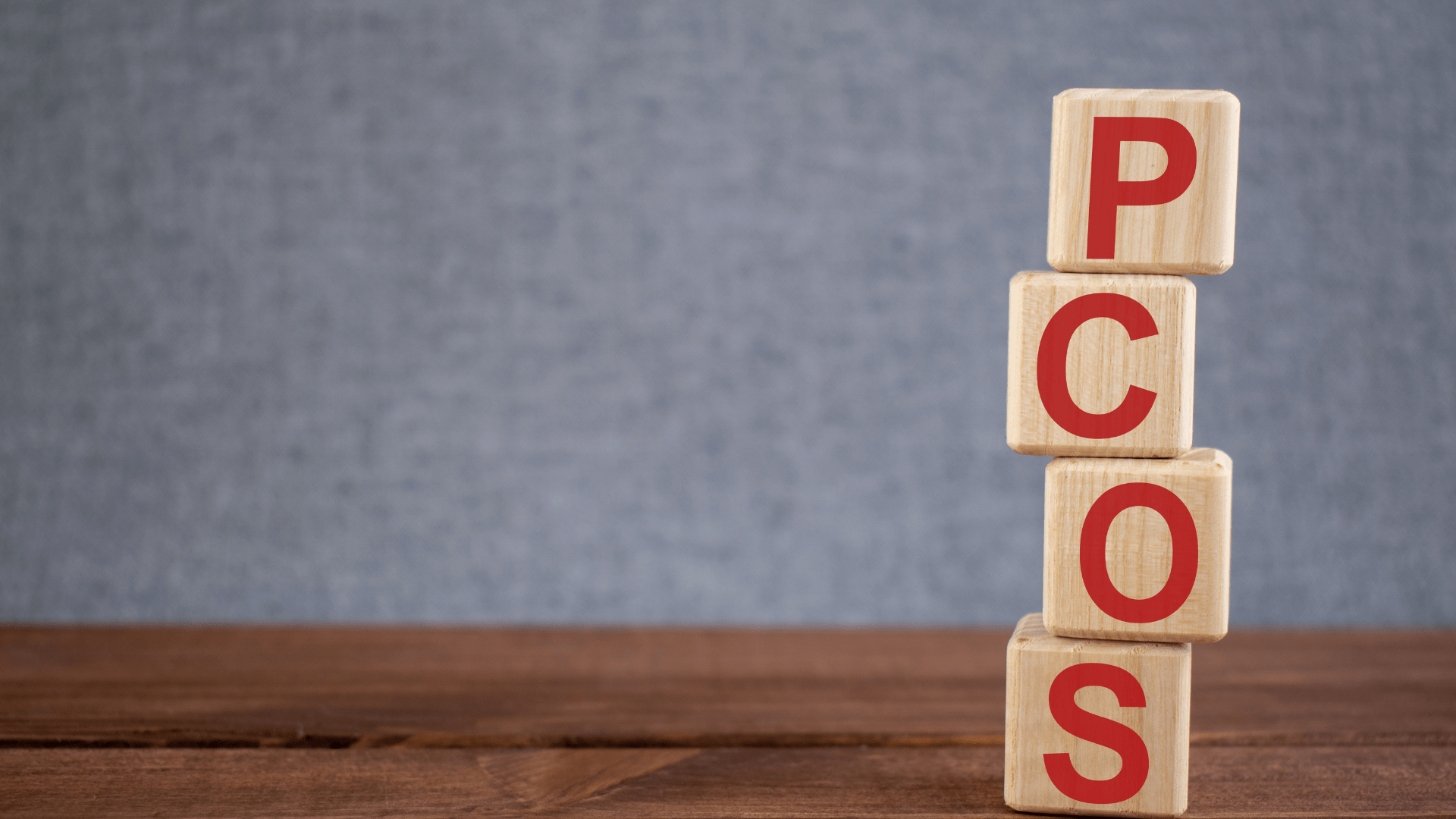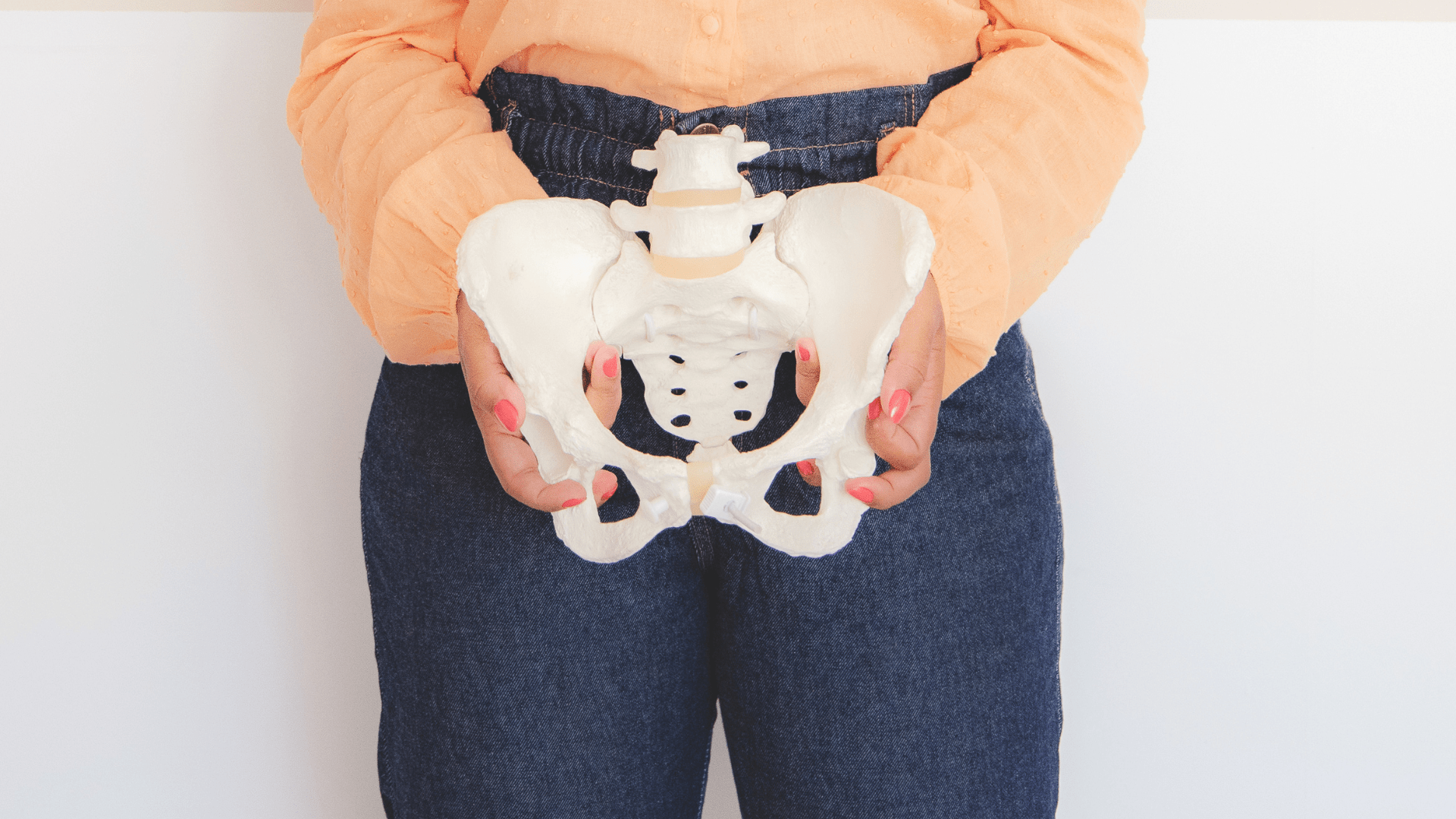Living with PCOS can feel like you’re fighting an invisible battle with your body. Your hormones are being chaotic, your periods are unpredictable, acne you thought you left in secondary school decides to make surprise appearances, and as if that’s not enough struggle, weight gain enters the chat.
Suddenly, everyone turns into a weight loss coach you never asked for. Friends, cousins, and of course, that random internet uncle who knows nothing about PCOS and your story, but still tells you that you’re lazy and to just eat less and lose weight. As if it’s really that simple.
The truth? PCOS and weight have a complicated relationship, one that is backed up by science but often misunderstood and unfairly judged.
Let’s talk about what is real about PCOS and weight and what you can actually do about it. No judgment and no side-eyes, but honest, medically accurate information that makes sense for you.
Why PCOS and Weight Gain Are Connected

Polycystic Ovarian Syndrome (aka PCOS) is a hormonal condition that causes irregular ovulation, high male hormones, and sometimes cyst-like (fluid-filled) follicles in your ovaries. This leads to symptoms like irregular periods, acne, excess hair in your chin, or hair thinning on your scalp. It also messes with your hormones in ways that make weight management more difficult. Here’s the science behind it:
Insulin resistance
This is the main villain. Insulin is the hormone that helps your cells absorb sugar (glucose) from your food. Think of insulin as the key that unlocks your cells so glucose can enter and be used as energy. In many women with PCOS, the “lock” on the cell door is kind of “rusty” and doesn’t open. In other words, the cells don’t respond properly to insulin, hence the term, Insulin resistance.
When that happens, your body panics and thinks it hasn’t made enough keys (insulin) because of all the sugar “floating” outside the cells. Your body then starts producing even more insulin to force the sugar into the cells. This is where the problem lies because you now have high levels of insulin, way more than normal. The catch is that insulin is not just about sugar but is also a storage hormone. So, these high levels of insulin:
- Signal your body to store more fat, especially around the abdomen.
- Make it harder to burn fat even if you’re eating well.
- Make you crave more carbs, leading to more sugar spikes, and more insulin production, more fat storage, and the vicious cycle continues.
That’s why PCOS weight gain isn’t just about eating less and moving more. It’s about your hormones setting the rules of the game, which makes it harder, but not impossible, to manage.
Hormonal Imbalance
Normally, your body keeps your hormones, including oestrogen, progesterone, and androgens (male hormones) in check. PCOS throws these hormones out of balance.
Women with PCOS have higher levels of testosterone, which can increase fat storage around the abdomen. It can also cause low or irregular progesterone, because you don’t always ovulate regularly with PCOS, which can also make your cycles unpredictable and affect mood and energy, which in turn affects lifestyle habits.
Inflammation
PCOS is also linked with chronic low-grade inflammation. Inflammation itself isn’t always bad; it’s your body’s natural defense when you have an infection or are injured. But in PCOS, the defense stays active at a low level, even when there’s no real threat. This can worsen insulin resistance and make weight management even harder. It can also increase the risk of other issues like high cholesterol, diabetes, or even heart disease.
Genetics
PCOS also tends to run in families. If your mum, sister, or aunt has it, you may be genetically wired to develop it too. When you combine that with hormonal imbalance, insulin resistance, and lifestyle factors, weight struggles can show up more.
What You Can Do About It
Here’s some good news: managing PCOS and weight is very possible and here’s how you can do it:
Nourishing Nutrition
Don’t starve yourself. Instead, focus on high-fiber carbs like oats, beans, brown rice, or sweet potatoes. They slow down sugar absorption and help with insulin resistance.
Also include lean proteins like chicken, fish, or eggs to keep you fuller for longer. Healthy fats like avocados, nuts, or fatty fish like salmon and sardines are also good for insulin and inflammation.
Exercise
Exercise does have some benefits. You can do some strength training, like weights, to build muscle, which improves insulin sensitivity. Incorporate gentle cardio like walking or jogging to keep your heart healthy without over-stressing your body.
Mix them up! The goal isn’t to “burn off” food but to help your hormones work better.
Sleep and Stress
Poor sleep and chronic stress raise cortisol, which worsens insulin resistance. So, aim for 7–9 hours of sleep.
Also, try stress relievers like meditation, watching your favourite shows, listening to music, or simply saying “no” when you’re stretched too thin.
Medical Support
Seek medical care early. Treatments like Metformin, Inositol supplements, and hormonal contraceptives help, but they should be prescribed by your doctor to know what’s right for you.
Final Thoughts
PCOS makes weight management harder, but not impossible. Remember that your worth is not tied to a number on the scale.
With the right mix of food, movement, lifestyle changes, and medical support, you can manage the symptoms. PCOS isn’t your fault, but how you support your body through it can make all the difference.
If you’d like to speak to a doctor or dietician, you can click here to get started.
References
PCOS (Polycystic Ovary Syndrome): Symptoms & Treatment
Polycystic Ovary Syndrome (PCOS) and Weight Gain
Polycystic Ovary Syndrome (PCOS) – Gynecology and Obstetrics – MSD Manual Professional Edition





